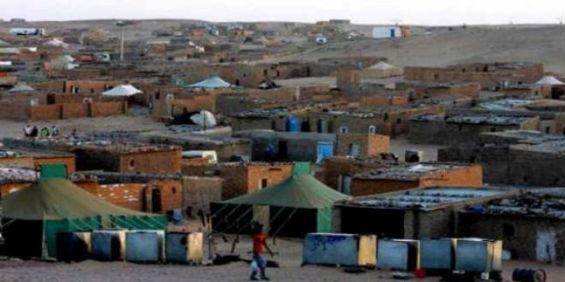Sahrawi Activist Decries in Geneva Crackdown on Dissenting Voices with Complicity of Algerian Authorities
A former detainee in the jails of the Polisario strongly denounced Wednesday the unprecedented crackdown on dissenting voices by the separatists’ leadership in the Tindouf camps, with the complicity of the Algerian authorities.
Speaking before the UN Human Rights Council, blogger and human rights defender in the Tindouf camps Fadel Breika said that since the polisario leadership decided to withdraw from the UN-sponsored ceasefire agreement with Algeria’s blessing, the said camps have become the theater of an unprecedented crackdown on freedoms and serious violations of the rights of Sahrawis, with increased persecution, hate speech and incitement to violence.
The polisario seeks to harass the crowd with messages inciting violence and hatred and “calls to kill and burn the opponents alive,” stressed the activist.
Breika also mentioned the recruitment of youth and children who are sent to military training barracks in northern Algeria, decrying the blockade imposed on people to prevent them from leaving the camps.
Bloggers are systematically summoned to the “security posts” of the polisario in the presence of Algerian officers. They are threatened with prison if they publish documents challenging the media propaganda of the polisario and Algeria, he added.
Breika also denounced the recruitment by the polisario of combatants from armed groups operating in the Sahel-Saharan region, noting that “some of them no longer hide their faces when they call on the jihadists of the Sahel to join the ranks of the polisario.”
The militarization of these camps and the blockade imposed by the polisario have aggravated the suffering of the inhabitants, especially with the massive deployment of Algerian forces in and around these camps, he added.
Pointing to the “state of lawlessness that prevails in the camps of Tindouf”, Breika called on the international community to shoulder its responsibility in the face of Algeria’s refusal to assume its own in terms of protecting the Sahrawis on its own soil.

